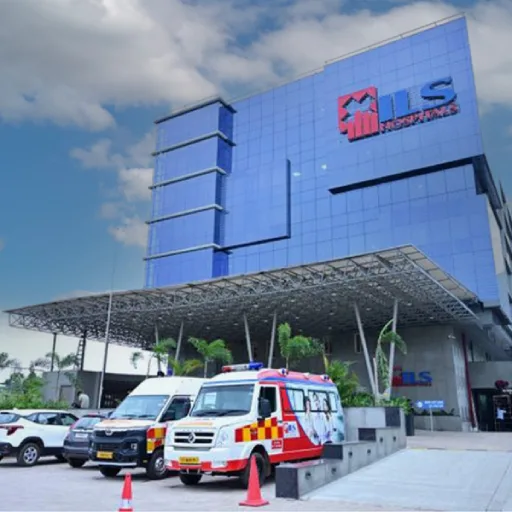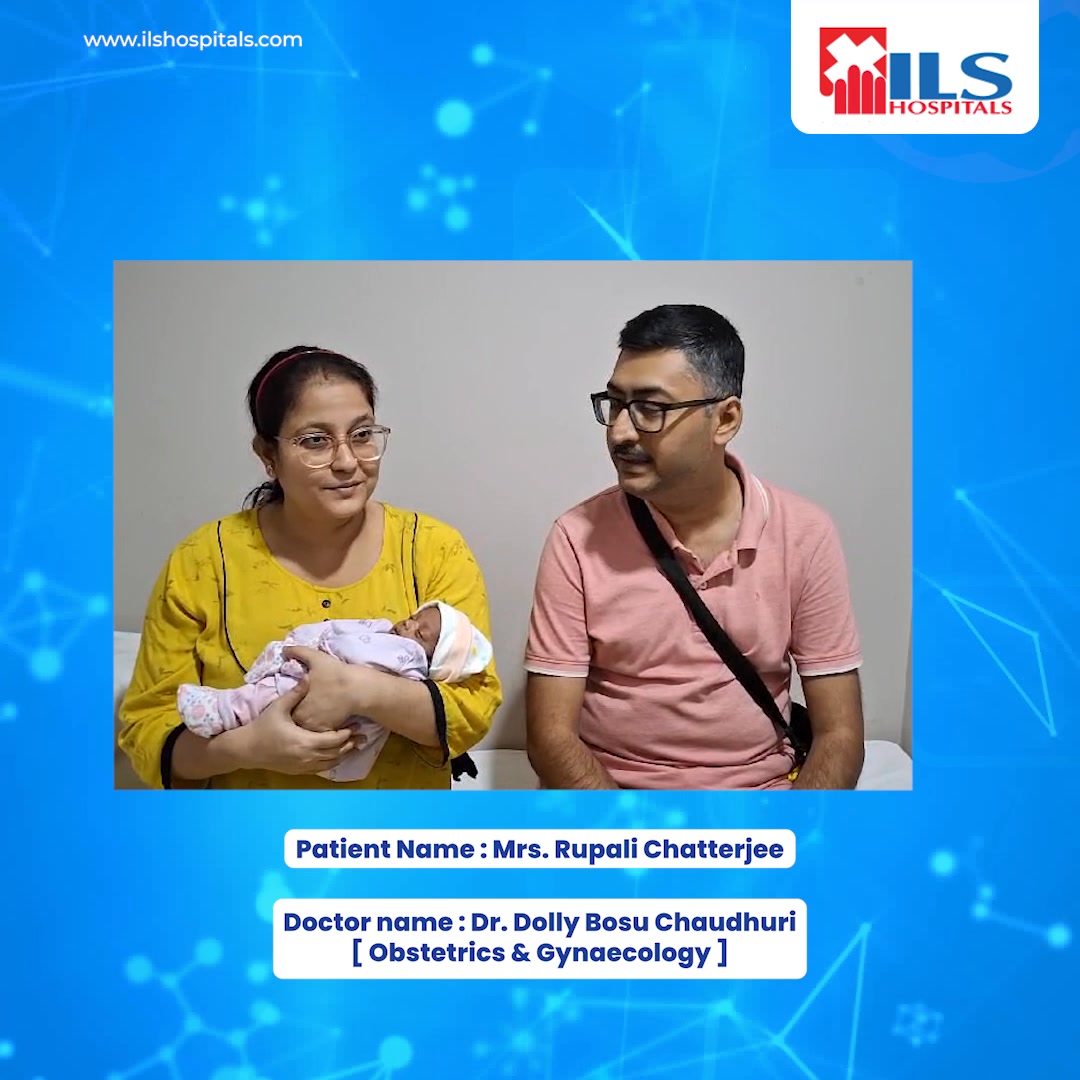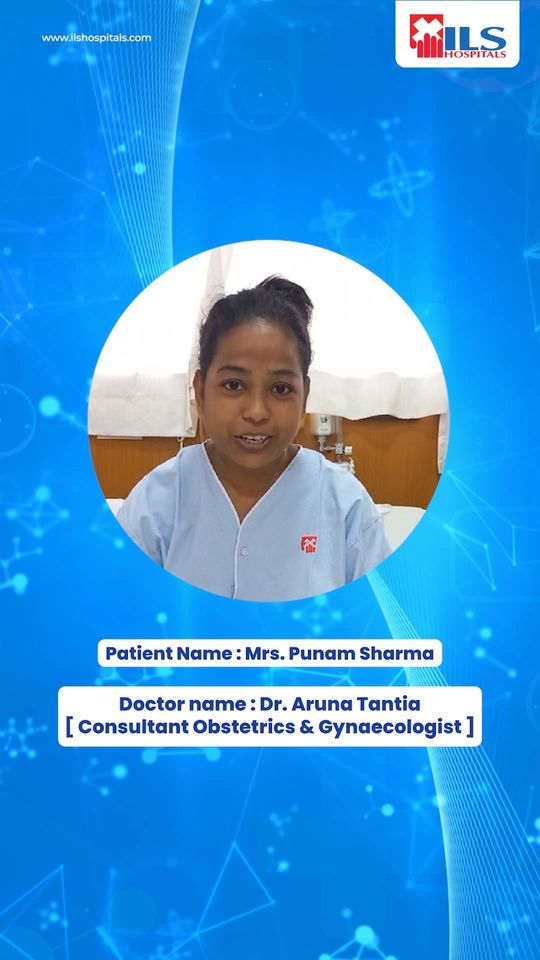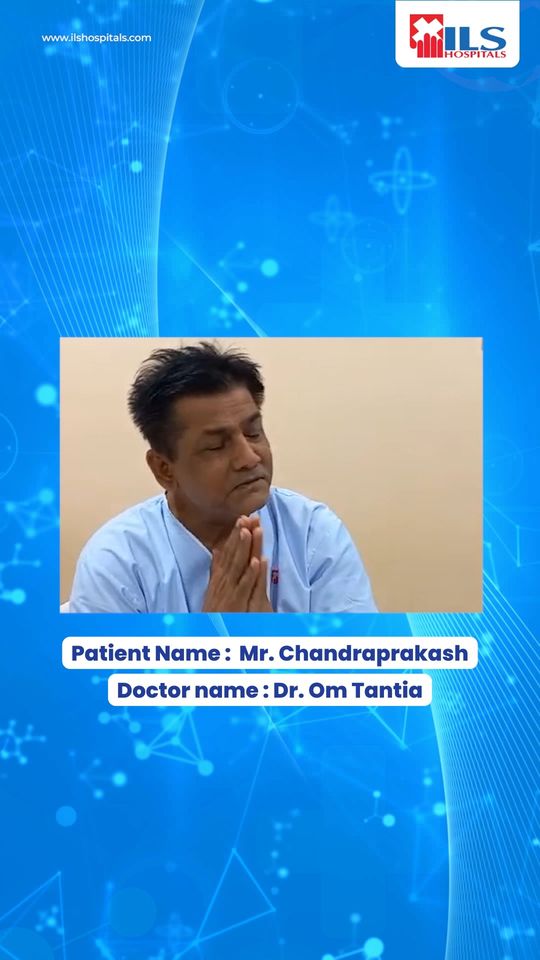Exploring Your Digestive Tract with Capsule Endoscopy at ILS Hospitals
Capsule endoscopy is a revolutionary procedure that employs a minuscule wireless camera to capture detailed images of the body’s internal organs along the path taken by food and liquids. This journey through the digestive tract allows healthcare providers to assess and diagnose various gastrointestinal conditions. The camera is enclosed within a vitamin-sized capsule that, once swallowed, traverses the digestive system, transmitting thousands of images to a recorder comfortably worn on a belt around the waist.
A Glimpse into the Small Intestine
Capsule endoscopy primarily focuses on exploring the small intestine, an area that is often challenging to reach with other endoscopy techniques. Traditional endoscopy methods involve the insertion of a long, flexible tube equipped with a video camera either through the throat or the rectum. This limits access to the small intestine, making capsule endoscopy an invaluable tool for gastroenterologists.
Why is Capsule Endoscopy Conducted?
A healthcare professional may recommend capsule endoscopy for various reasons, including:
- Unexplained Gastrointestinal Bleeding: Identifying the source of bleeding in the small intestine is the most common application of capsule endoscopy.
- Diagnosing Inflammatory Bowel Diseases: Capsule endoscopy is instrumental in detecting irritated and inflamed areas within the small intestine, aiding in the diagnosis of conditions like Crohn’s disease or ulcerative colitis.
- Diagnosing Cancer: The procedure can identify tumors within the small intestine or other segments of the digestive tract.
- Diagnosing Celiac Disease: Capsule endoscopy plays a role in diagnosing and monitoring this autoimmune response to gluten consumption.
- Esophageal Examination: Capsule endoscopy allows the review of the esophagus, the muscular tube connecting the mouth to the stomach. It’s used to detect enlarged veins, known as varices.
- Polyp Screening: Certain genetic syndromes can predispose individuals to develop polyps in the small intestine. Capsule endoscopy can assess for the presence of these polyps.
- Follow-Up Testing: In cases where the results of X-rays or other imaging tests are inconclusive, a capsule endoscopy can provide additional information to aid in diagnosis.
At ILS Hospitals, we are dedicated to providing state-of-the-art healthcare services, and capsule endoscopy is a testament to our commitment. This innovative approach enables our gastroenterologists to comprehensively assess and diagnose gastrointestinal conditions, ensuring our patients receive the most accurate and effective care possible. If you require a capsule endoscopy, our experienced team is here to guide you through the process. Your health and well-being are our top priorities.










































